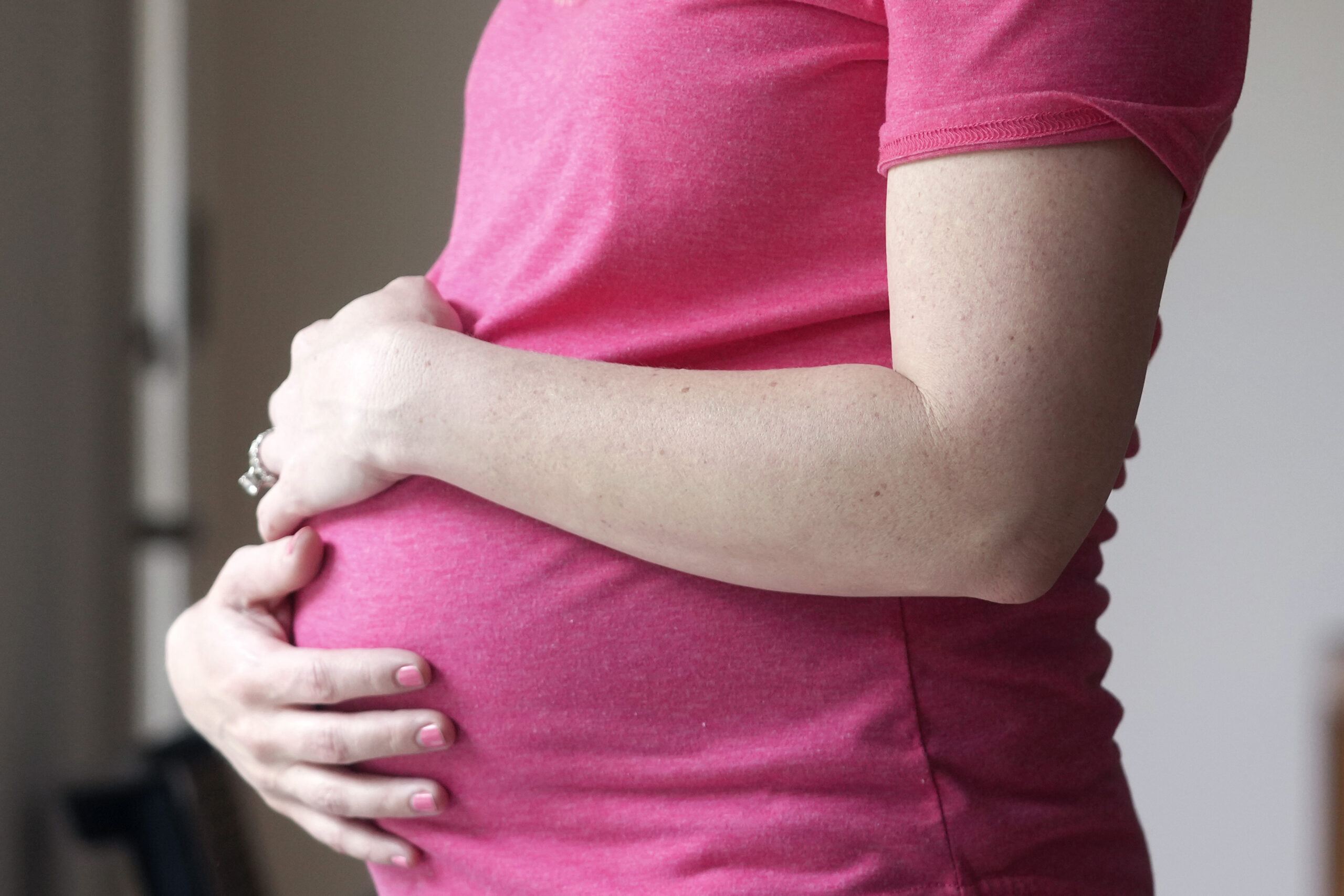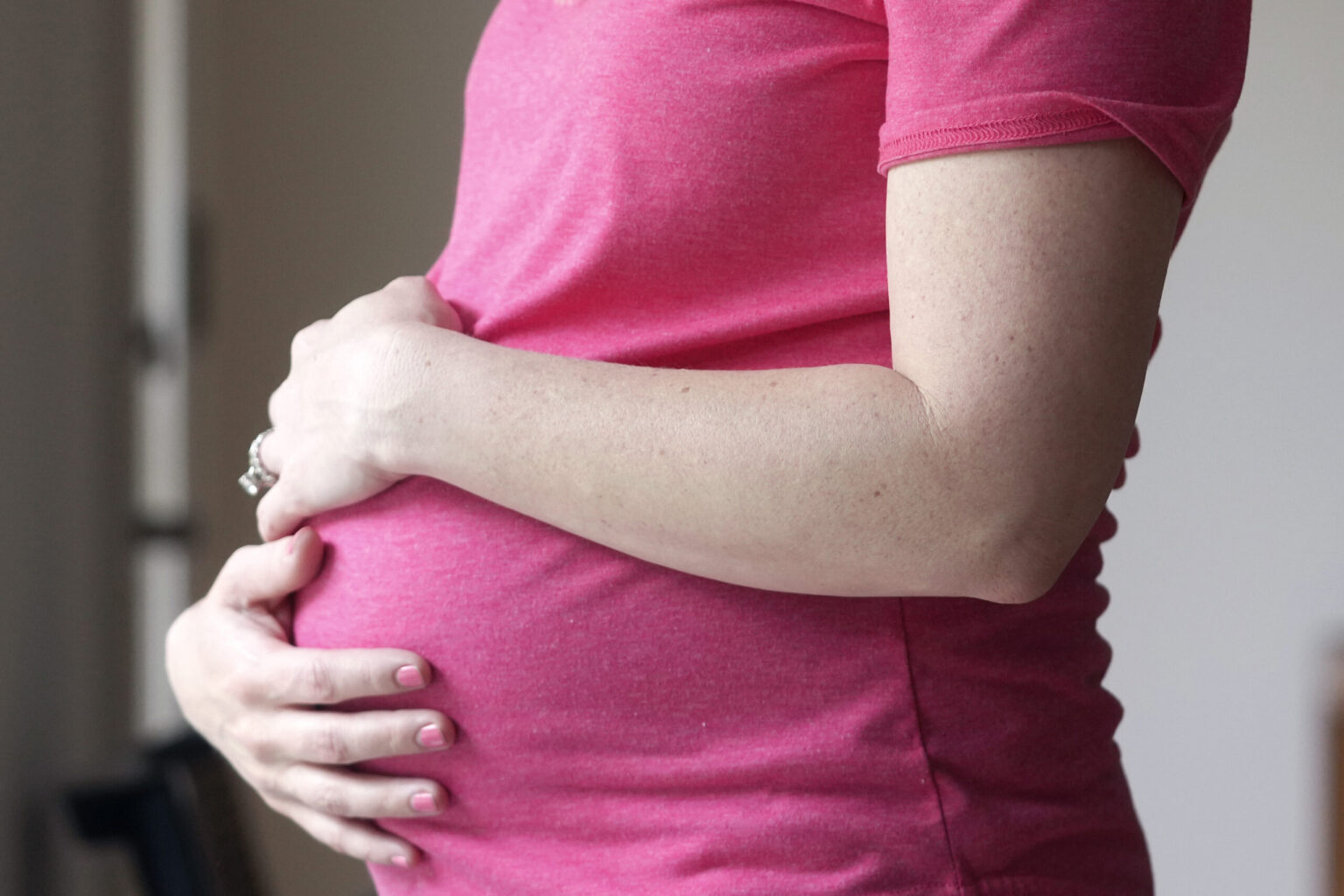
Maternal mortality overall got better in 2022, according to the latest data released in December. But there is a concerning upward trend of postpartum overdose deaths.
Most states have a maternal mortality review committee. In Tennessee, the Department of Health works with dozens of medical professionals — including doctors, nurses and pharmacists — as well as state legislators and law enforcement officials to review all maternal deaths reported in the state. The most recent report was published a few days before Christmas.
Maternal mortality measures the number of people who died from pregnancy-associated causes within a year of delivery. It’s used as a benchmark for women’s health outcomes; Tennessee usually ranks among the top five states with the highest mortality rates.
The death rate decreased by 26% year over year. That being said, 2021 was an especially bad year for maternal mortality in Tennessee. That was due in large part to COVID-19 and drug overdoses.
“Between 2019 and 2021, the rate of overdose deaths across the state nearly doubled, while it nearly tripled among pregnancy-associated deaths,” the report reads.
Overdose deaths continued to be a leading cause of death in 2022, and they were especially common in East Tennessee. Although the state’s death rate decreased, East Tennessee’s nearly quadrupled over recent years.
One historic trend continued in 2022: The death rate for Black Tennesseans was nearly twice as high as the rate for their white neighbors. This is a well-documented problem across the country, and researchers have tied this higher death rate to social inequality and discrimination.
The most common causes of death in Tennessee’s most recent report were mental health conditions, cardiovascular conditions and infections. The committee found that the vast majority of deaths — 76% — were preventable.
Mental health conditions included substance use disorder and depressive disorder. Of those who died of mental health-related causes, 70% died of an acute overdose. The committee labeled 24% of the mental health-related deaths as probable suicides. Overwhelmingly, this group was composed of non-Hispanic White women and women who lived in urban areas.
Cardiovascular conditions caused about one in five deaths. That included deaths due to chronic heart disease, as well as preeclampsia — a notorious blood pressure issue among pregnant people. This cause of death was particularly common in Black women.
There were four homicides reported — all of them Black women dying at the hand of a current or former partner.
Across the country, maternal mortality review committees are facing political pressure in the post-Dobbs era. In Georgia, state officials dismissed every member of that state’s committee, after internal documents leaked to the journalism nonprofit ProPublica. The documents were related to two high-profile deaths, both of which happened after women were denied care that became illegal under the state’s abortion ban. ProPublica also found the review committees in states with abortion bans were doing little to assess whether the restrictions were increasing the number of maternal deaths — in some cases, intentionally.




